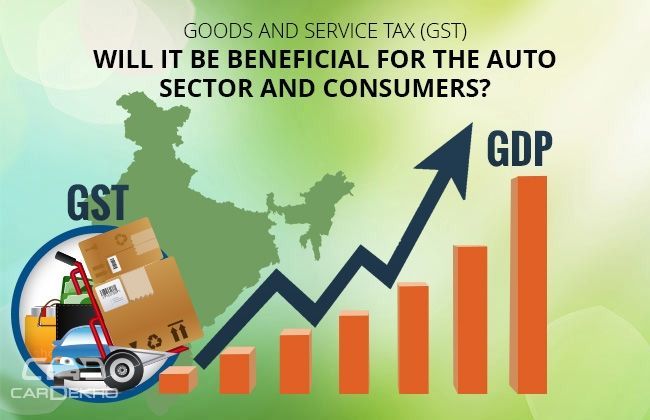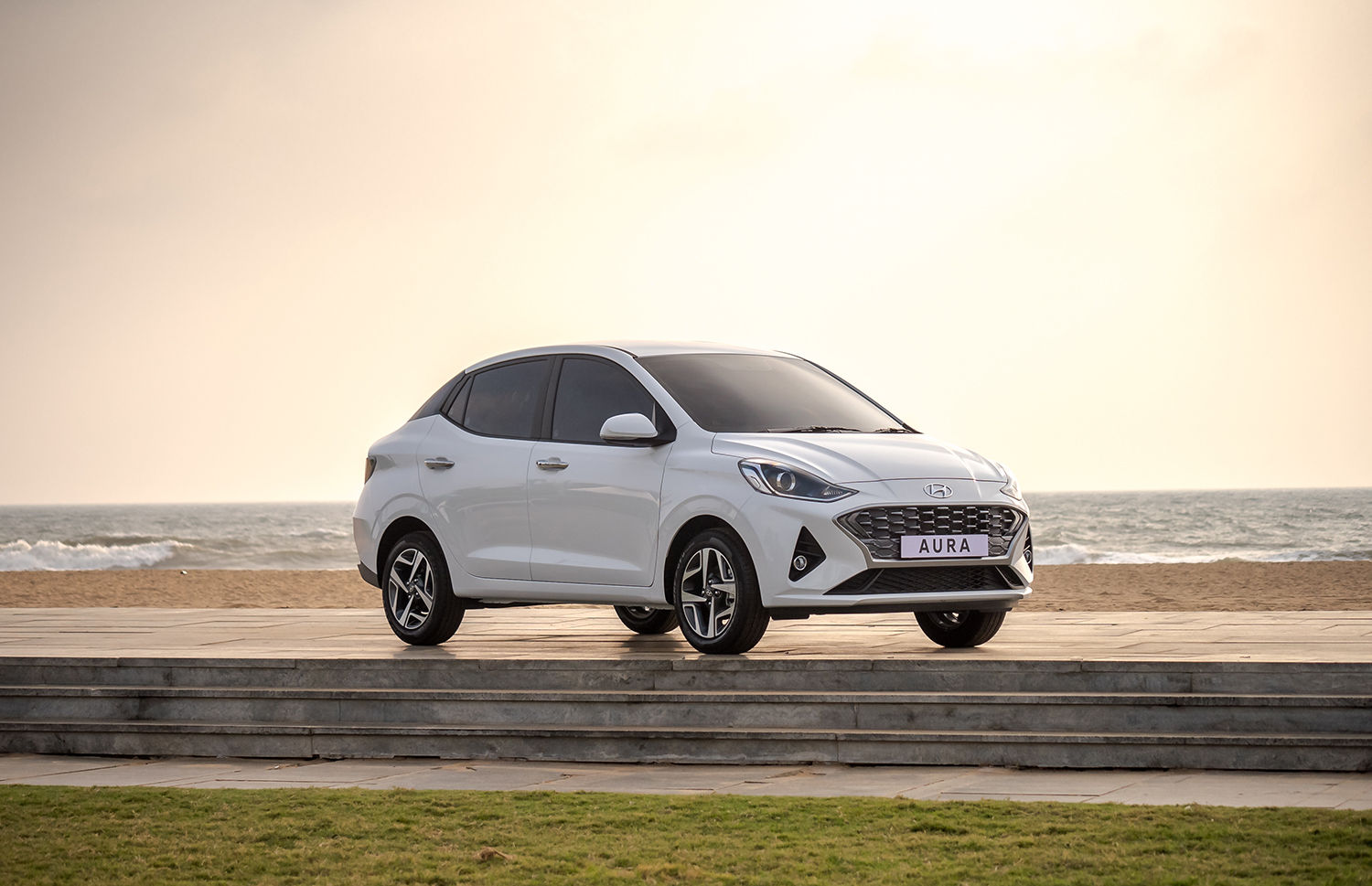Goods and Service Tax (GST): Will it be beneficial for the auto sector and consumers?
Modified On Feb 23, 2015 07:12 PM By Prithvi
- Write a comment
The upcoming union budget in India is expected to introduce the ‘Goods and Service Tax’ element. It is a long pending process which was first introduced in the Vajpayee government in the year 2000 and since then it has been a matter of discussion concerning the economic reforms in the country. As auto industry is the crucial sector in India, people are waiting to see the upshots of GST in the sector.

What is Goods and Services Tax (GST)?
It is an inclusive value added tax levied on the manufacture, sale and consumption of goods and services at national level. There is no difference between taxable goods and taxable services, and they are imposed at a uniform rate in a supply chain of goods and services until they reach the end consumer. There are various advantages of GST both for the industry and for the end consumer which can be summarized in the following points:
· When introduced, it would abolish multiple taxes on goods and services; hence prices of goods and services could be simplified and justified. This will also result in reduction of effective tax rates to one or two flat rates.
· It is easy to understand, easy to administer and spread uniformity across the country. GST removes distortion in the economy from the cascading effect of tax system. It also would result in reduction of compliance cost and increase of voluntary compliance.
· It improves efficiency in manufacturing and distribution, reduces the cost of production of goods and services, while at the same time increasing demand and production of goods and services.
· Due to its neutral business procedure, organizational structure, business models, geographic location and the product substitutes, GST helps promote economic efficiency and sustainable long term growth.
· GST improves exports capability of a country and gives an edge in overseas market for goods and services produced in India.
· It reduces corruption, harassment and litigation which are some of the burning issues, besides, it also widens the tax base and increment in revenue of State and Central Government. Last but not the least; it reduces the administrative cost of the Government.
How will GST be beneficial?
The auto sector is usually sensitive to the changes in the economy. The introduction of GST will change the way business is done today. In simple terms, the practice in the auto sector is to sell vehicles to dealers and they sell and service these vehicles, and more than 80 percent of sales are done outside the state of manufacture. It is currently subjected to CST or by the method of stock transfer to stockyards and depots across the nation. Both these methods entail tax cost which gets fixed to the final price offered to customers.
This simply means that since most of the vehicles are manufactured in one state but their sales volume are higher in their non-manufacturing states, GST will be beneficial since the tax levied across states will be uniform, so customers don’t have to pay different prices in different states.
Moreover, the current stock transfers do not attract any tax besides loss of input tax credit to the exporting state. It is also possible that this implementation may be applicable on all the supplies including stock transfers otherwise it would have its own challenges. Majority of the auto companies have moved to the states where there is competitive tax incentives which are largely in the form of loan/subsidies equivalent to the VAT/CST paid in a particular state government.
Secondly, auto component manufacturers will usually setup their units close to OEM facilities just to avoid this VAT credit chain. The implementation of GST would open new prospects for the consolidation of all these units into larger units which will be beneficial for the overall economic efficiency of the auto industry. If the GST rate is fixed anywhere around 16 percent, it could be good news for the industry while the current rate works out to be more, particularly when talking about big vehicles where excise duty is much higher.
What is basically means is that most auto component manufacturers are based where OEMs set-up shop. This is in order to save tax, as most OEMs have base in states which offer them subsidies. With GST coming in place, all these units can be clubbed up as one big unit and enable manufacturers to avail tax benefit which will in turn be beneficial for consumers as well. Since the GST tax is expected to be around 16%, it will still be lower than the combined taxes that OEM and auto component manufacturers have to pay when vehicles are shipped and sold across states.
So Goods and Services Tax is not merely a tax reform but also an economic reform which will benefit both manufacturer and consumer. It would be one of the prime expectations from the upcoming first general budget of newly formed government. In addition to GST, a number of reforms are highly expected like streamlining the auto sector, free inter-state movement of vehicles, export incentives, support for the promotion of electric and hybrid vehicles in the country, reforms in emission and fuel efficiency norms, and rectifying various other issues. So let’s wait and watch for the D-day.
Let us know what you think about GST. Feel free to express your thoughts in the comment section below.















